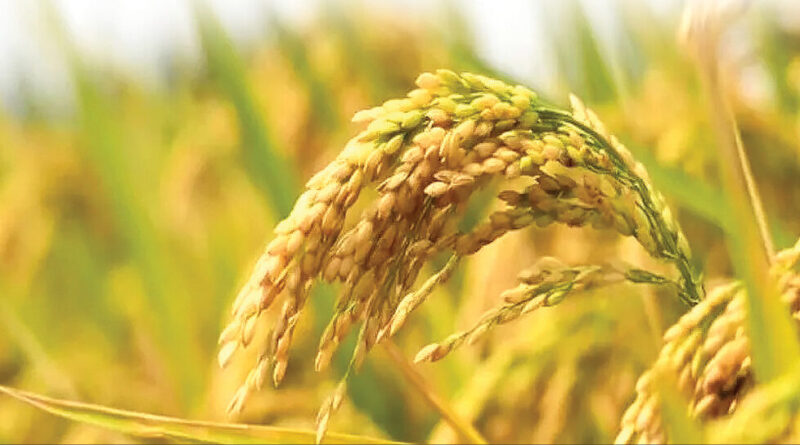Panel: States’ bonuses on top of paddy MSP distorting markets
By Dipak K Dash
Commission for Agricultural Costs and Prices (CACP), which recommends MSP for different agri-produce, has urged states not to announce bonus over MSP fixed by Centre for paddy as this “distorts the market”. The recommendations have come at a time when several states are offering bonus over MSP or political parties have made this poll promise before getting elected.
It made these recommendations in its latest ‘Price Policy for Kharif Crop’ report, which contains MSP for summer crops. It recommended that procurement of rice and wheat should be restricted in those states that impose high charges and pay bonus, in order to bring parity among states. Odisha is the latest state to announce bonus on MSP for paddy after BJP came to office this month.
“Unsustainable and uneconomical practice of offering bonus over and above MSP for paddy procurement by state govts creates distortions in the market. This restrains private trade participation and potentially discourages competition, which, otherwise could be advantageous for farmers,” CACP said.
The report referred to how Karnataka, Kerala, Tamil Nadu, Jharkhand, West Bengal and Maharashtra have declared a bonus for paddy in the past.
Chhattisgarh last season announced to purchase paddy at Rs 3,100 a quintal against MSP of Rs 2,183 a quintal for the current marketing season (Oct-Sept). BJP, in its manifesto for Odisha, had promised to buy paddy at Rs 3,100 per quintal while Centre recently announced MSP of Rs 2,300 for 2024-25 season.
CCPA has also highlighted how several states levy charges including market fee, commission to societies and ‘arhatias’ besides paying bonus over MSP announced by Centre.
While CCPA has recommended concerted efforts for area expansion and yield improvement, and procurement of pulses to become self-sufficient, it also said that to tackle the problem of large imports of edible oils, there should be a dynamic import duty structure based on MSP of oilseeds and domestic and world prices of vegetable oils. In addition, the duty differential between crude and refined oil should be kept at 10-15%.
This article has been republished from The Times of India.

